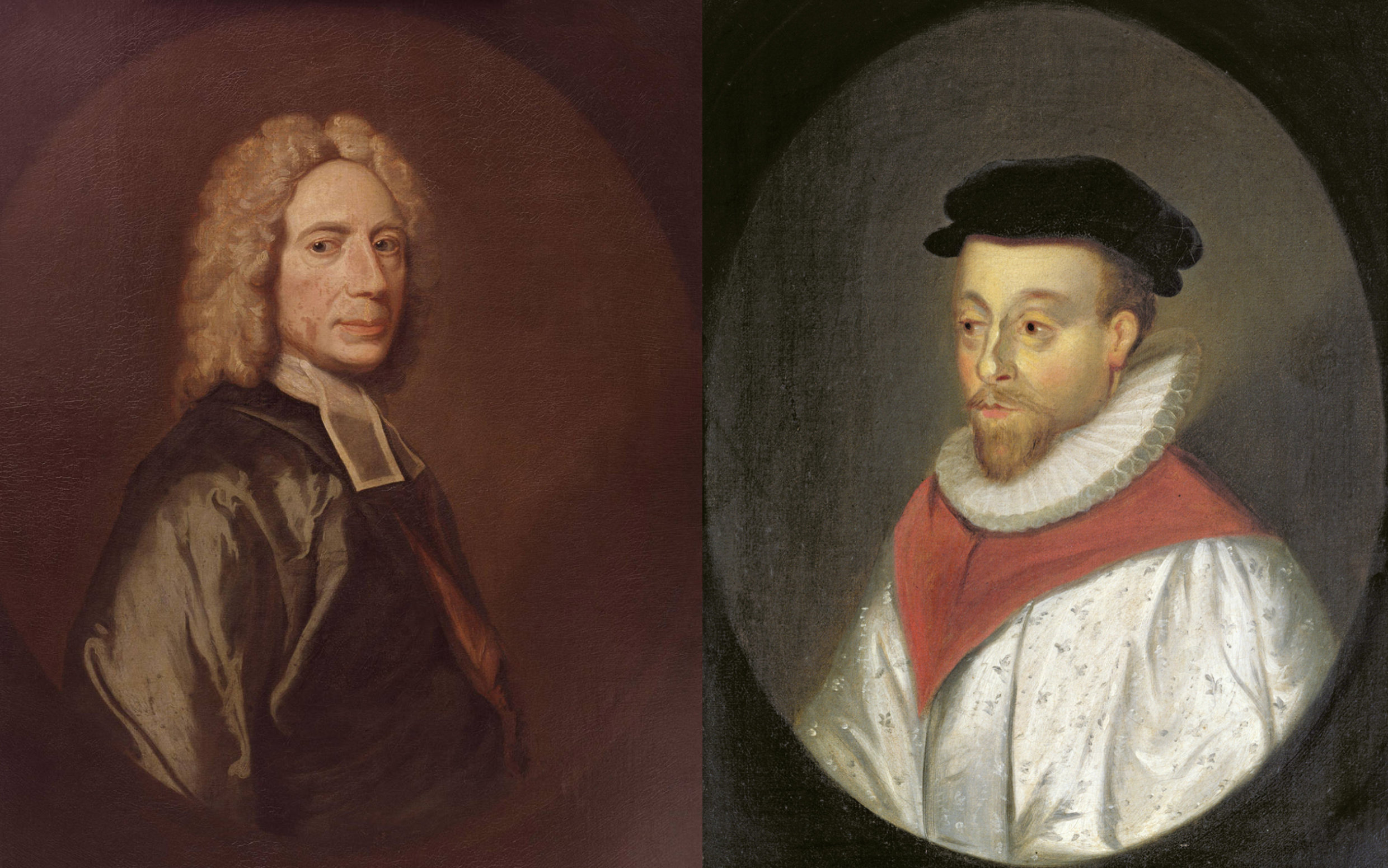Lennox Berkeley’s setting of ‘Gibbons Variations’ for choir and orchestra
Conductor Michael Waldron revives Lennox Berkeley’s choral masterpiece the ‘Gibbons Variations’.
I make no apologies for the fact that I enjoy spending many hours browsing well-stocked sheet music shops. They are a dying breed, but there are, fortunately, a few still around. It was in one such shop I had the good fortune to come across a vocal score of Berkeley’s Variations on a Hymn by Orlando Gibbons. It is a well-presented score – clearly printed – published by Chester Music. I assumed it was a mainstream piece of Berkeley repertoire I had somehow overlooked. It seems I was wrong.
The London Choral Sinfonia’s all-professional forces focus on mid-sized repertoire for voices and instruments. Their performances and recordings cover the Renaissance to the present day, and amongst their ‘signature’ works is Britten’s St Nicolas. More on that shortly. There is no lack of great music filling this brief, but I am always on the hunt for new discoveries. Finding a piece with the scoring of Variations, by a composer of Berkeley’s standing, seemingly neglected, feels a little like winning the lottery.
Scored for tenor solo, choir, string orchestra and organ, Berkeley’s Variations offer immediate comparison to Britten’s St Nicolas, which had premiered only three years earlier in 1948. Unlike Britten’s multi-movement setting of Crozier’s contemporary text, Berkeley’s through-composed mini-cantata takes much earlier sources for both its text and thematic material.
George Wither’s The Hymnes and Songs of the Church was published in 1623, with seventeen hymn tunes composed by Orlando Gibbons (1583–1625). My Lord, my Life, my Love was penned sometime later by Isaac Watts (1674–1748), and was soon partnered with one of Gibbons’ hymn tunes, known as Song 20. Open any conventional hymnbook today and you will find these words and this tune together.

Berkeley’s variations on this hymn (edited for publication in 2000 by his student Christopher Brown) is masterly. It begins with an unadulterated 8-bar exposition of Gibbons’ material, scored only for string quartet. The pianissimo murmuring of the double basses is the first sign of what is to follow. A relatively short orchestral introduction leads into the first choral section. The first two stanzas of text create a profoundly intense atmosphere. Separated by a short interlude, they are defined by strident – almost mechanical – choral writing.
The third stanza marks the first moment of dramatic easing. Scored for organ and tenor soloist, the prevailing D minor has given way to rich, major-key harmonies and intensely expressive vocal writing. Contrasting the earlier choral writing, rising intervals and long melismas give a more expressive and human character to the soloist.
The chorus returns in D minor for the fourth stanza. Unlike the closed musical construct of previous verses, the fourth fizzles out, giving way to an extended interlude brilliantly linking the barren ending of verse four with the warmth of verse five.
The final verse seems the ‘humanization’ of the chorus: ‘Return my Love, my Life / Thy grace hath won my heart’. D minor has transformed to D major, and the chorus has softened to a hushed, lilting 6/8 time signature. The masterstroke is Berkeley’s deployment of the full forces only in the closing bars of the piece, bringing the tenor soloist back with a soaring deployment of the first verse words above the chorus and orchestra.
I struggle to understand why this remarkable piece never reached the mainstream repertoire. My two suggestions are purely practical: firstly, there are moments of chamber-like intimacy, which require precise ensemble between organ and strings. Performers in larger concert halls – if they have an organ at all – may find the distance between the strings and organ unsuitable, and too difficult. Secondly, the tenor solo is challenging, and there is not a huge amount of it. With a total running-time of around 18 minutes, the Variations is not a long piece, of which only about five minutes includes the tenor soloist. Depending on what is programmed alongside it, it could be seen as financially extravagant to engage a soloist for such a small amount of music.
In 1951, at the same time as writing the Variations, Berkeley was completing the opera, Nelson. The Variations were premiered the following summer, at the Aldeburgh Festival, with Peter Pears singing the tenor solo. Britten was present, describing it as ‘a lovely piece’ and regretting the performance was poor. Berkeley and Pears would collaborate again the following summer, with Pears singing the title role in the first performance of Nelson.
The performance history of Variations seems almost non-existent. Chester Music inform me that the last performance took place in 2013 in Germany. All being well, the London Choral Sinfonia and I will make the first recording of this piece later in 2021, which will be released by Orchid Classics. It is a project I am extremely excited about, and am very grateful to both the Lennox Berkeley Society and the Rainbow Dickinson Trust for their support and enthusiasm. It will be a great pleasure – and honour – to give this amazing piece the exposure it so deserves.